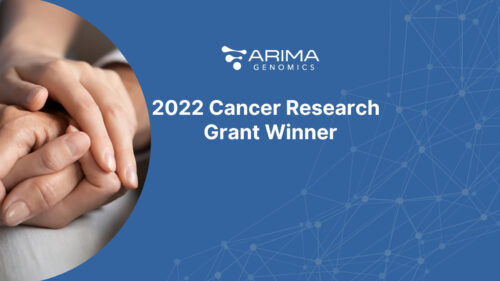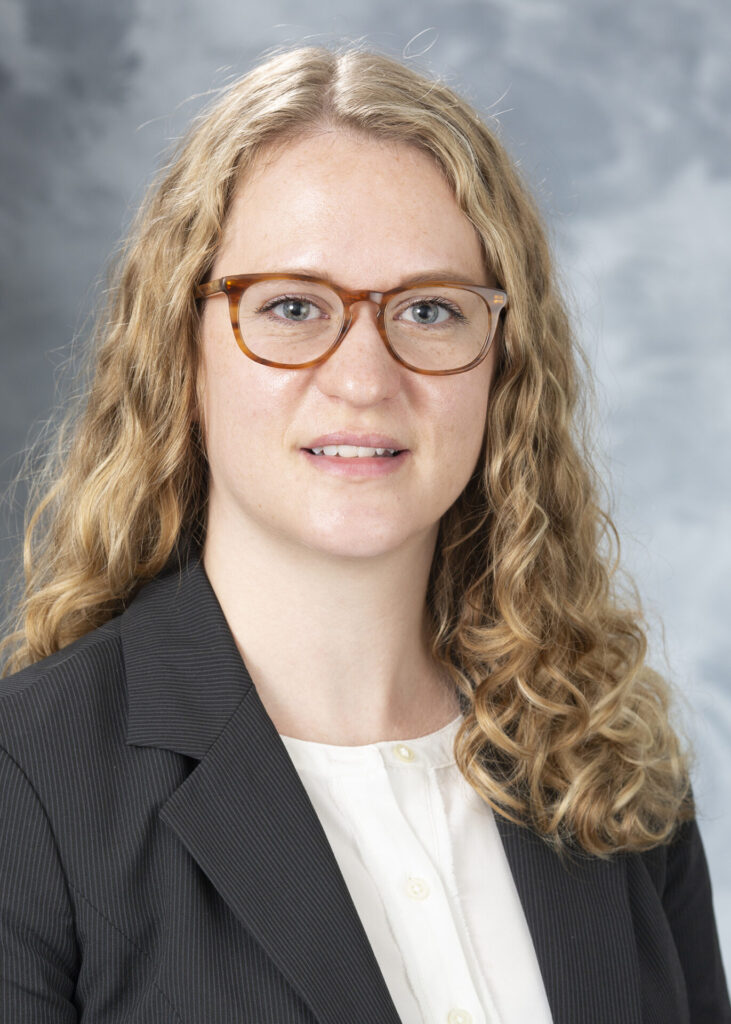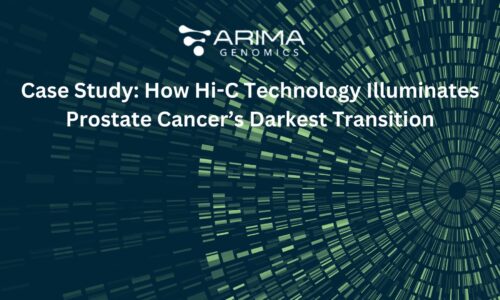June 8, 2022
Share
Capturing 3D genomic information can offer new insights into cancer research by identifying novel structural variants, 3D interactions, and altered gene regulation and help to elucidate the causes of tumorigenesis and disease progression.

Our 2022 Cancer Research Grant offered researchers the opportunity to unlock the power of 3D genomics in their laboratories to understand disease mechanisms better and potentially establish new drug targets.
We are pleased to announce that this grant award will support the work of Dr. Jessica Lang, Assistant Professor, Department of Pathology and Laboratory Medicine at the University of Wisconsin-Madison, to support her research on ovarian cancer.
Grant Winner: Jessica Lang, PhD
Institution: University of Wisconsin-Madison
Project Goal: Map ovarian cancer super-enhancer genes and their functions to identify therapeutic vulnerabilities

Jessica Lang, PhD, Assistant Professor, Department of Pathology and Laboratory Medicine at the University of Wisconsin-Madison
Dr. Lang studies how somatic mutations to epigenetic driver genes lead to targetable alterations to the epigenetic landscape of ovarian cancers. In particular, she is interested in how cancer alters super-enhancers— large-enhancer regions found in both normal cells and cancer cells which are believed to contribute to oncogenesis. In addition, she seeks to understand which genes these regions are regulating in ovarian carcinoma cell lines and tumor specimens.
Dr. Lang’s lab has profiled high-grade serous ovarian carcinoma cell lines and 40 frozen tumor specimens. It has been inferred that super-enhancer to gene regulation based on distance and physical interactions may differ. Therefore, the team plans to perform promoter capture HiC on these samples to map the super-enhancer/gene maps in this extensive set of ovarian cancer cell lines and tumors where existing complementary expression and histone data are available. Following this 3D mapping, the team plans to use dCas9-KRAB to disrupt the accessibility of super-enhancers and functionally examine their role in oncogenic traits.
“Arima Hi-C data will allow us to more accurately prioritize the super-enhancers to known oncogenes, hoping to gain new insights about the relationship between the location of the super-enhancers relative to the oncogenes and the functional effects of this relationship.”
– Jessica Lang, PhD
Congratulations to Dr. Lang and her team. Learn more about how Arima technology can power your cancer research.



